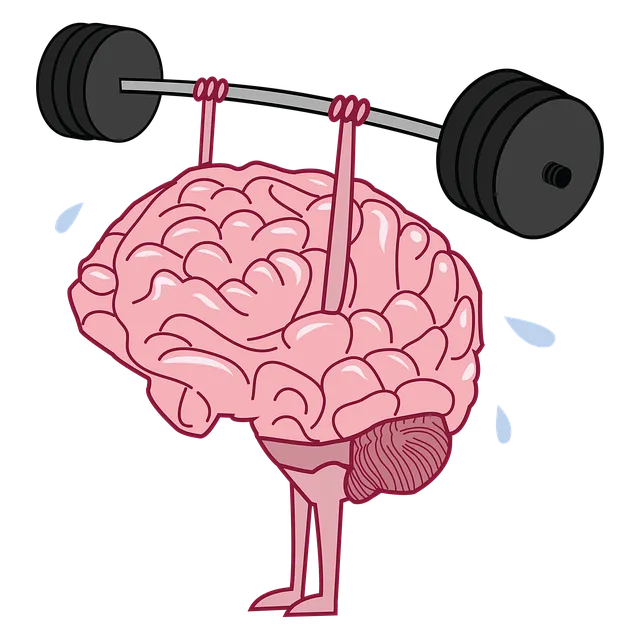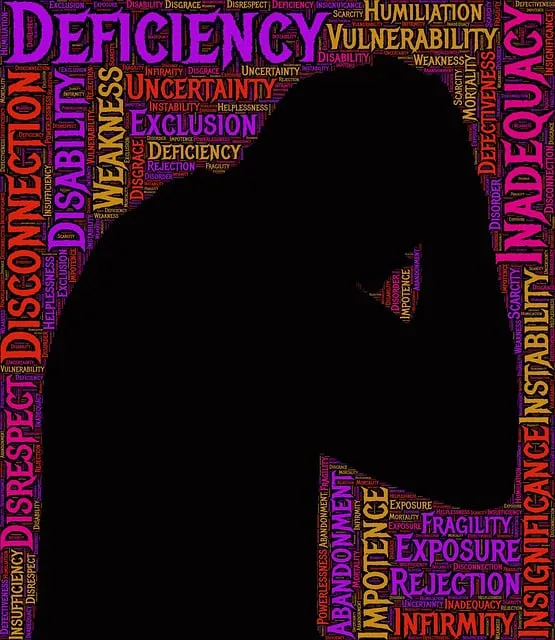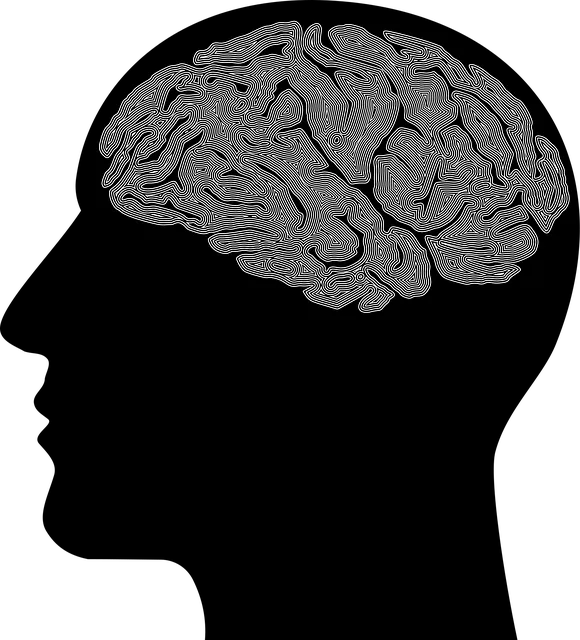Kaiser Permanente mental health Boulder leads in accurate diagnoses through innovative training, advanced tools, and evidence-based strategies. Regular workshops and technological assessments enhance professional skills, resulting in better patient outcomes. Community engagement, including collaborative initiatives and self-care promotion, ensures nuanced diagnoses considering diverse perspectives and cultural contexts. This holistic approach improves overall mental health outcomes for Boulder residents.
Mental illness diagnosis accuracy is a critical aspect of patient care, and organizations like Kaiser Permanente are at the forefront of enhancing these processes. This article explores the innovative efforts of Kaiser Permanente Mental Health Boulder programs, focusing on three key areas: evaluating their initiatives, enhancing diagnostic tools and training, and fostering community engagement. By examining these strategies, we aim to highlight how such approaches can improve mental health diagnosis accuracy, ultimately benefiting patients in the Boulder community and beyond.
- Evaluating Kaiser Permanente Mental Health Boulder Programs
- Enhancing Diagnostic Tools and Training Methods
- Community Engagement for Better Diagnosis Outcomes
Evaluating Kaiser Permanente Mental Health Boulder Programs

Kaiser Permanente’s mental health initiatives in Boulder have gained recognition for their innovative approaches to diagnosis and treatment. The organization has been actively evaluating and refining its programs to enhance accuracy in mental illness diagnoses, ensuring that patients receive tailored care. Through a combination of specialized training and advanced tools, Kaiser Permanente aims to improve access to mental wellness services. Their programs emphasize crisis intervention guidance, empowering individuals with self-care practices to manage their mental health effectively.
By implementing evidence-based strategies, the Boulder branch has seen significant improvements in diagnosis accuracy, leading to better patient outcomes. These efforts include regular workshops for healthcare professionals, covering topics like recognizing subtle symptoms and cultural competency, which are essential aspects of accurate diagnosis. Additionally, they utilize technology to streamline assessment processes, making it easier to identify mental health conditions early on.
Enhancing Diagnostic Tools and Training Methods

The journey towards improving mental illness diagnosis accuracy involves a multifaceted approach, and one key area of focus is enhancing diagnostic tools and training methods. Organizations like Kaiser Permanente Mental Health Boulder are at the forefront of this initiative. They emphasize the importance of staying updated with the latest research and techniques to ensure accurate assessments. This includes integrating advanced psychological assessment tools that go beyond traditional methods, allowing for a more comprehensive understanding of an individual’s mental health landscape.
Training programs play a pivotal role in this process. By incorporating innovative training methodologies, healthcare professionals can develop a deeper proficiency in recognizing subtle symptoms and distinguishing between similar disorders. Encouraging self-care practices and promoting mind over matter principles among mental health workers can also contribute to improved diagnosis accuracy. Such efforts aim to foster a supportive environment where professionals prioritize their own mental wellness, thereby enhancing the overall quality of care they provide.
Community Engagement for Better Diagnosis Outcomes

In efforts to enhance mental illness diagnosis accuracy at Kaiser Permanente mental health Boulder, community engagement has emerged as a key strategy. By fostering partnerships with local organizations and integrating diverse perspectives, healthcare providers gain valuable insights into individuals’ lived experiences and cultural contexts. This collaborative approach ensures that diagnoses are not just clinical but also considerate of the unique social and environmental factors influencing mental health within the Boulder community.
Community-driven initiatives, such as Burnout Prevention programs and Self-Awareness Exercises, play a pivotal role in promoting mental wellness. These efforts aim to reduce the stigma associated with mental illness, encouraging open conversations and early intervention. By actively involving community members in these discussions, Kaiser Permanente Boulder seeks to create a more inclusive environment where accurate diagnoses can lead to effective, tailored treatments, ultimately improving overall mental health outcomes.
Efforts to improve mental illness diagnosis accuracy, as seen in Kaiser Permanente mental health Boulder programs, enhance tools and training while engaging the community. Evaluating these initiatives reveals significant progress, underscoring the impact of integrated approaches on better diagnostic outcomes. By continuing to innovate and collaborate, we can foster a more inclusive and effective healthcare system for all.






